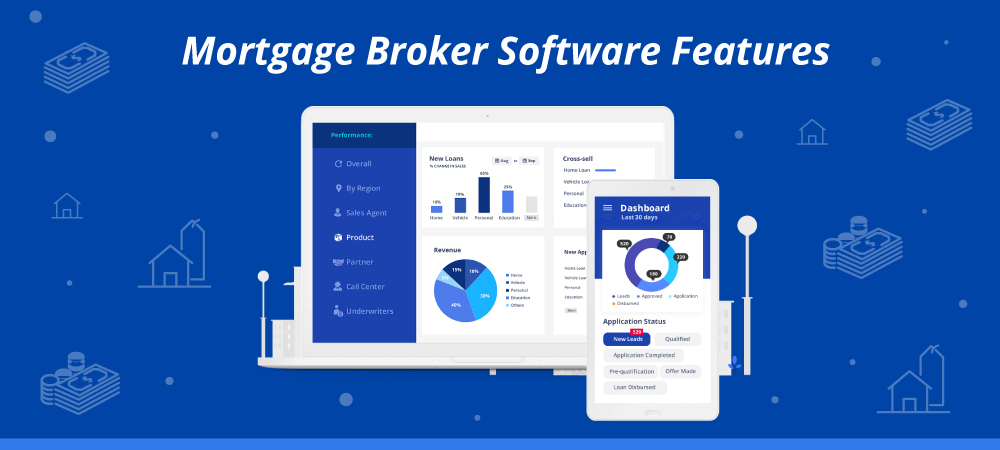How to Choose the Best Commercial Solar Energy Services for Your Company

Image Source: Google
Switching to solar energy is not only good for the environment but it can also save your company money in the long run. Choosing the best commercial solar energy services for your business is a crucial step toward making this transition smooth and successful.
With so many options available in the market, it can be overwhelming to pick the right service provider. In this guide, we will help you navigate through the process of selecting the best commercial solar energy services for your company.
Assess Your Energy Needs
Before you start looking for commercial solar energy services, it is important to assess your energy needs. Understanding how much energy your company consumes on a daily, weekly, and monthly basis will help you determine the size of the solar system you need. Consider factors such as peak usage times, energy-intensive equipment, and future growth projections when calculating your energy needs.
Key points to consider:
- Current energy consumption levels
- Peak usage times
- Energy-intensive equipment
- Future growth projections
Research Potential Service Providers
Once you have a clear understanding of your energy needs, start researching potential commercial solar energy service providers. Look for companies with a proven track record of installing solar systems for businesses similar to yours. Check for customer reviews, case studies, and testimonials to gauge the quality of their work and customer satisfaction levels.
Factors to consider when researching service providers:
- Experience in commercial solar installations
- Reputation in the industry
- Customer reviews and testimonials
- Case studies of past projects
Compare Pricing and Financing Options
Once you have a shortlist of potential service providers, it's time to compare pricing and financing options. Get detailed quotes from each company, including the cost of equipment, installation, and ongoing maintenance. Consider financing options such as solar loans, leases, power purchase agreements (PPAs), and incentives or rebates available in your area.
Things to consider when comparing pricing and financing options:
- Total cost of the solar system
- Installation and maintenance costs
- Financing options available
- Incentives and rebates
Evaluate System Design and Technology
Another important factor to consider when choosing commercial solar energy services is the system design and technology offered by the service provider. Make sure the company uses high-quality solar panels, inverters, and mounting systems that are durable and efficient. The design of the solar system should be customized to meet your specific energy needs and site conditions.
Key aspects of system design and technology to evaluate:
- Quality of solar panels and inverters
- Efficiency of the system design
- Customization to meet your energy needs
- Compatibility with your site conditions
Check Licensing and Certifications
Before finalizing a commercial solar energy service provider, make sure to check their licensing and certifications. A reputable company should have all the necessary licenses and certifications to install solar systems in your area. Look for certifications from organizations such as the North American Board of Certified Energy Practitioners (NABCEP) and the Solar Energy Industries Association (SEIA).
Important licenses and certifications to look for:
- NABCEP certification
- SEIA membership
- State and local licenses for solar installations
- Proof of insurance and bonding
Request References and Site Visits
Before making a final decision, ask the commercial solar energy service providers for references and request site visits to see their past installations. Talking to previous clients will give you valuable insights into the company's work ethic, professionalism, and the quality of their installations. A site visit will also help you visualize how the solar system will look on your property.
What to look for during references and site visits:
- Feedback from previous clients
- Quality of installations
- Professionalism of the company's team
- Visualize how the system will look on your property
Finalize the Contract
Once you have compared pricing, evaluated system design, checked licensing, and visited past installations, it's time to finalize the contract with the chosen commercial solar energy service provider. Make sure the contract includes all the details discussed, such as pricing, financing terms, system design, warranties, maintenance agreements, and project timelines. Review the contract carefully before signing to avoid any misunderstandings in the future.
By following these steps and considering all the important factors, you can choose the best commercial solar energy services for your company and start enjoying the benefits of clean and sustainable energy.






